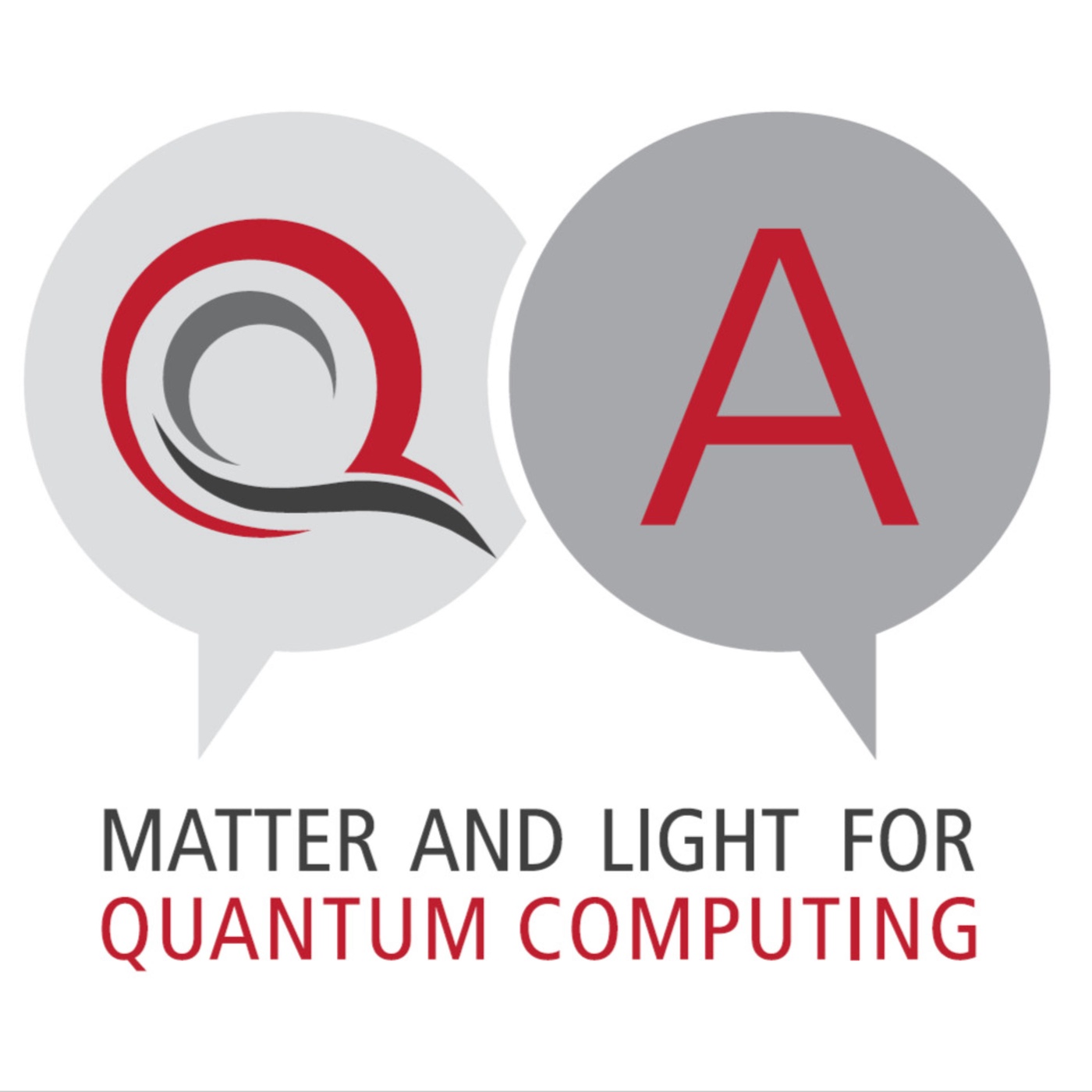
15. Quantum Communication and Fundamentals of Quantum Mechanics: Gláucia Murta
In this episode Chris talks to Gláucia Murta, a postdoc in ML4Q, who was won the cluster's Young Investigator Award. They talk about Gláucia’s passion for fundamental questions, device independence and a great outreach project, the podcast O Q Quantico she just launched in her home country, Brazil.